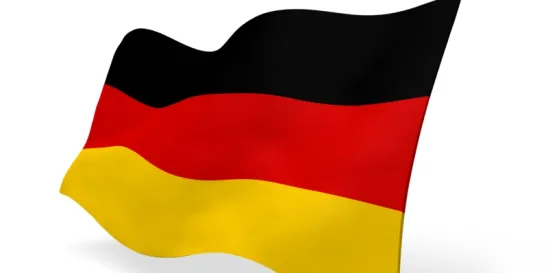In September 2023, the insolvency administrator of the insolvent Wirecard AG began reclaiming dividend distributions for 2017 and 2018 from shareholders. This is following a judgment of the Federal Court of Justice (BGH) in March 2023 (BGH judgment of March 30, 2023 – IX ZR 121/22). In that judgment the BGH ruled that in the event of a company’s insolvency, the insolvency administrator can demand back dividend payments made to shareholders for up to four years pursuant to section 134 (1) of the Insolvency Code (InsO).
With its decision, the BGH clarified a previously controversial question as to whether Section 62 (1) 2 of the German Stock Cooperation Act (AktG) hindered the insolvency administrator to make such claims. According to section 62 (1) 1 AktG, benefits received by shareholders from the company in contravention of the provisions of the AktG must be returned. However, according to Section 62 (1) sentence 2 AktG this obligation only exists if the shareholders knew or did not know due to negligence that they were not entitled to receive such benefits. Consequently, in the event shareholders can rely on arguments of good faith they are thus protected from the recovery of dividends paid out by the management. . In the future, even in case of good faith this will not protect them from claims made by insolvency administrators seeking to reclaim dividends under Section 134(1) InsO.
The BGH decision relates to a legal dispute regarding the challenge of dividend payments to a shareholder in insolvency proceedings for the years 2009-2012 pursuant to Section 134 (1) InsO. The dividend payments were made to shareholders based on resolutions on the appropriation of profits according to annual financial statements showing profits. The BGH argues that the payments of dividends for the years 2011 and 2012 were made without any obligation because at the time of the dividend payments there was no effective legal basis for the payments due to the invalidity of the profit appropriation decision and the annual financial statements.
Ultimately, the BGH found that Section 62 (I) 2 AktG does not limit claims under sections 129 et seq. InsO, Notably, claims under section 134 (1) InsO and section 62 (1) 2 AktG stand independently next to each other and there is no reason to assume that the legislator had intended to restrict of the ability of an insolvency administrator to challenge under insolvency law, invalid dividend payments made by a company in accordance with AktG rules.
Moving forward shareholders should be aware (because of the BGH’s decision), that they will bear the risk of a defective resolution on the appropriation of profits within the time limits of section 134 (1) InsO (namely four years.). Therefore, equity investors generally bear a different, usually higher, risk of default than debt investors and this decision increases that risk.
Furthermore, the BGH pointed out that the liability under section 62 (1) 2 AktG is stricter than claims arising under Section 134 InsO. For example, liability under section 62 (1) 2 AktG does not include any rights to object to removal of assets, whereas the challenge right under section 143 (2) InsO does. This means that the claims that could be brought by an insolvency administrator could result in a more substantial claims against shareholders.
In terms of time, there is a general limitation period up to ten years under Section 62 (3) AktG but for challenge claim under Section 134 (1) InsO, a claim to recover a dividend payment can only be made in respect of the four years before the opening of insolvency proceedings, (see Section 146 (1) InsO).
With this decision, the BGH interferes with confidence in the capital market and causes considerable uncertainty among shareholders. Notably, the insolvency administrator in this case exceptionally reclaimed dividends “only” from major shareholders based on a decision made by the creditor committee. Behind these are mostly pension and investment funds in which private individuals have invested their retirement provisions or their savings. For those type of investors, this decision has a devastating impact, but for creditors of insolvent companies the decision could potentially bolster recoveries and returns to creditors and is therefore likely to be welcomed.




 />i
/>i

